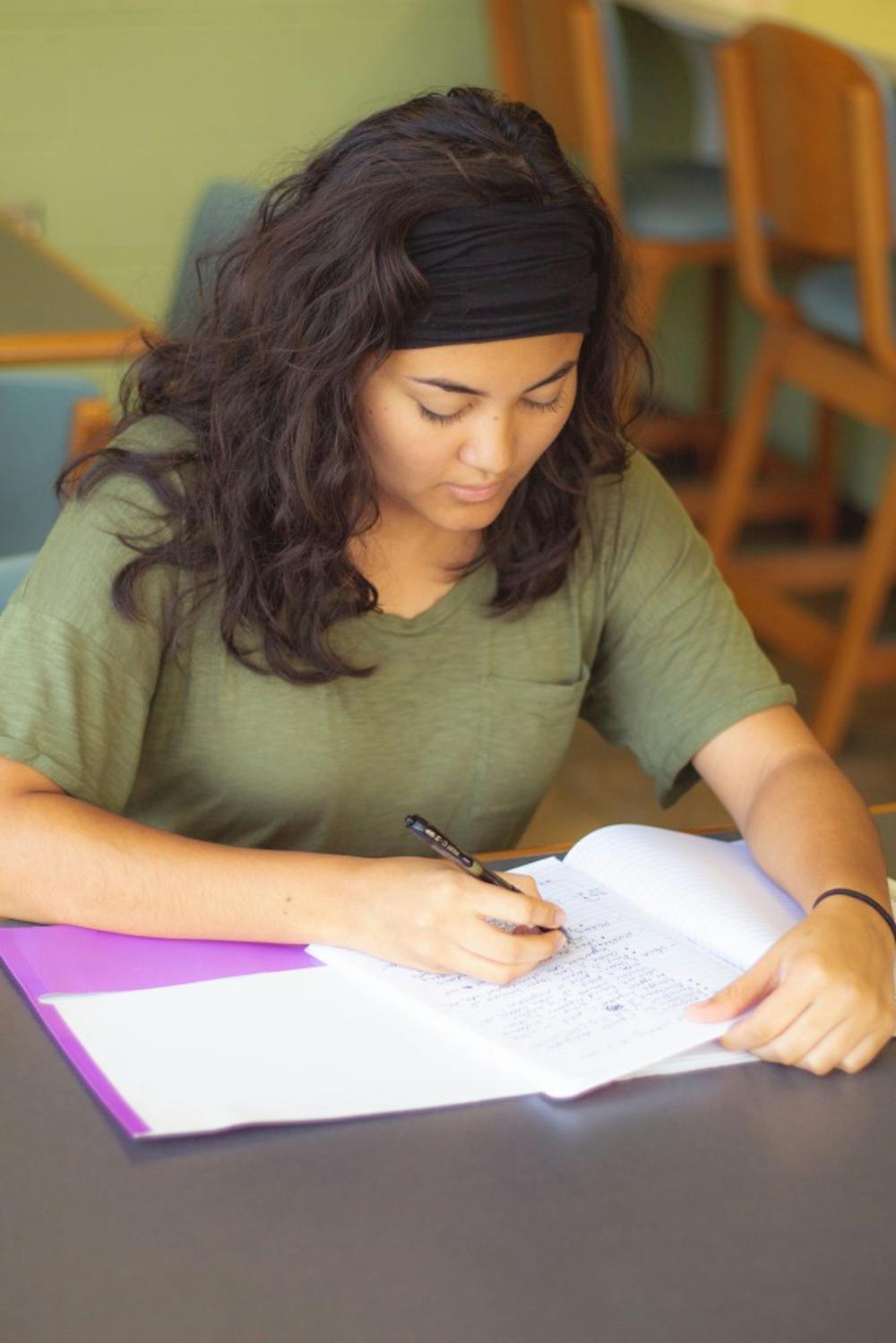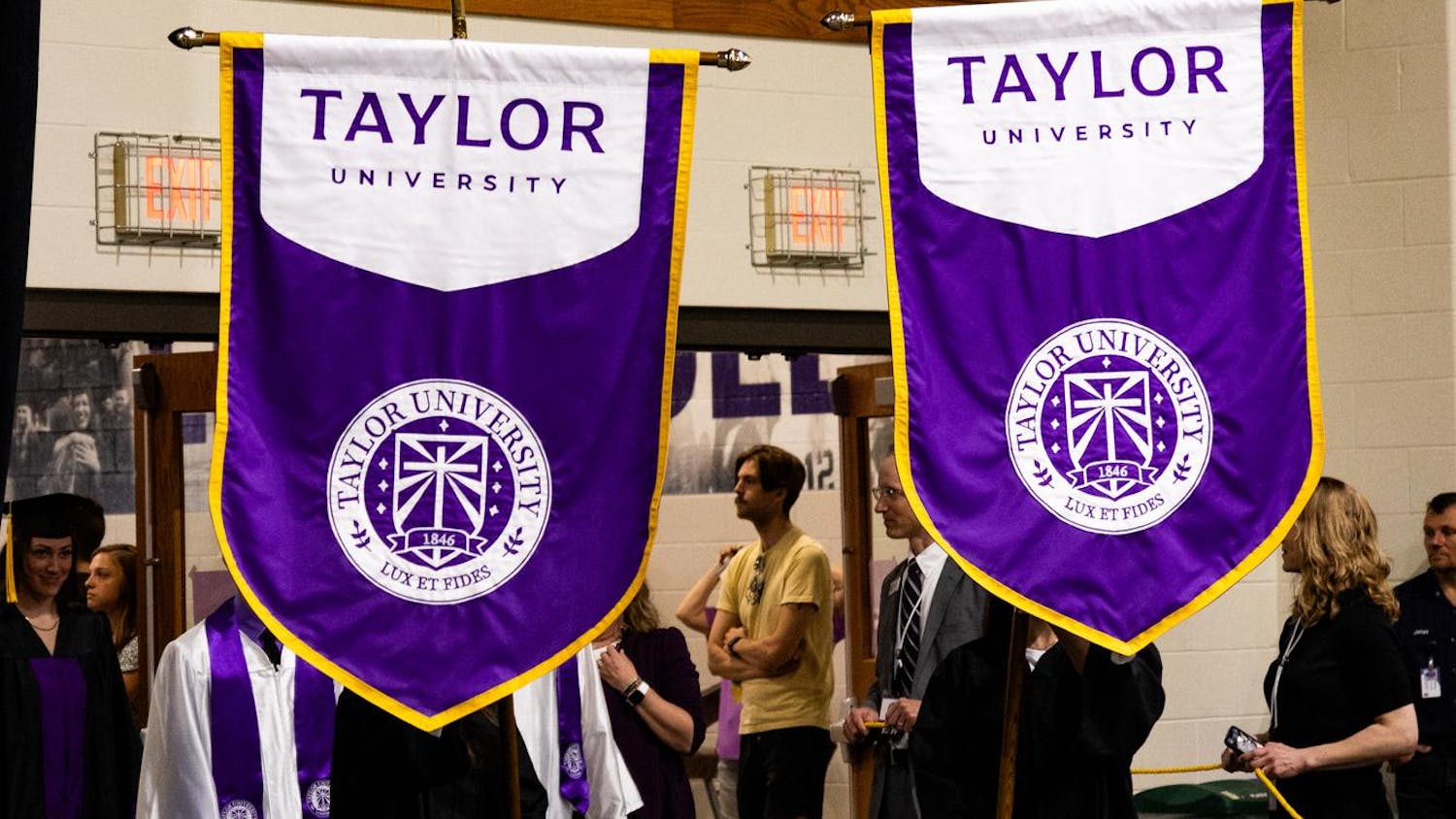By Madi Turpin | Contributor
Although sophomore Victoria Lawson may struggle to perform long division, she graduated high school with above a 4.0 GPA and has gotten straight As in every subject matter aside from math.
This is due to Lawson's previous diagnosis of dyscalculia: a learning disorder that impairs her ability to process numbers and perform logical sequences or processes. She admits that it also impacts her sense of time and direction.
"Whenever I schedule interviews with people, I pull up a picture of a clock because I need the visual display," Lawson said. "I also memorize phone numbers by envisioning them as pictures."
Department chair and associate professor of psychology Diane Dungan added that any subject that has a concept of amount, such as compare and contrast, would provide an obstacle for someone with dyscalculia.
"Think of how many things require amounts," Dungan said. "Time, visual and spatial things and even just processing things differently."
Before being diagnosed with dyscalculia in her sophomore year of high school, Lawson would become exceedingly frustrated with math. She claimed that her study efforts often fell through and she would quickly forget all she had learned the next day.
Most figured Lawson was over exaggerating because math is generally deemed as a hard subject, but when she began to flip numbers when copying them down, suspicions arose.
"I would write down 71 instead of 17," Lawson said, "and I couldn't remember my phone number in middle school. Even my laptop passwords are all from muscle memory."
Experimental psychologist and professor Mark Cosgrove believes that the left side of Lawson's brain is what struggles the most, since the left side is most highly associated with logical processes. He also stated that learning and memory can be impacted by any kind of brain issues.
"These kinds of things usually involve one side of the brain," Cosgrove said. "And in this case, learning is more than just memorizing words. It's concepts and learning about yourself."
Lawson also dealt with a lot of mental fatigue during the time before her diagnosis. She claimed to have felt inadequate compared to everyone else, and her self-esteem became really low when she started considering herself dumb. She became sleep-deprived from working late into the nights and then would become frustrated when she didn't get good results on her assignments.
While this obstacle presented an obstacle for Lawson, she said it was a time of learning for why God gives people limitations, and it gave her more awe for God. She believes it was a humbling experience.
Lawson doesn't think she would ever take dyscalculia out of her life because it reminds her of humanity, and she is already reassured through faith because of all the other gifts she has been blessed with.
"He created numbers and knew the solution to every tough problem I couldn't face," Lawson said. "He is infinite and highlights my own inadequacy, but also His adequacy in my life."
After she was officially diagnosed, Lawson claimed she received a lot of support from friends and tutors in her life. She now encourages others who are going through similar struggles to remember that their limitations do not define them.
Lawson is a multimedia journalism major at Taylor and also writes for The Echo. She is very talented in the musical field and also likes to draw, write and watch movies in her free time.
"Use your limitations to be more in awe of the sufficiency of God," Lawson said. "And don't be afraid to ask for help. Use all of the resources around you."




